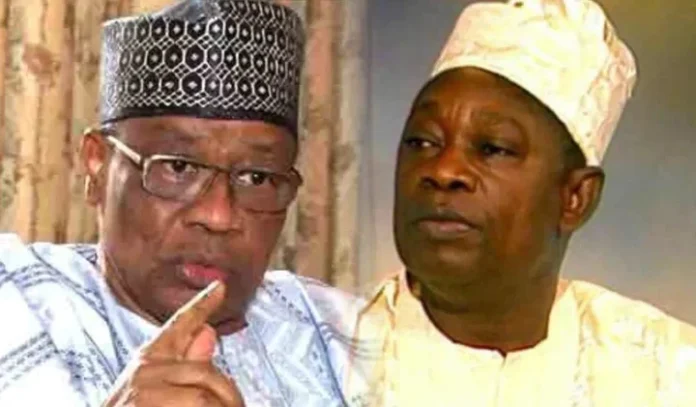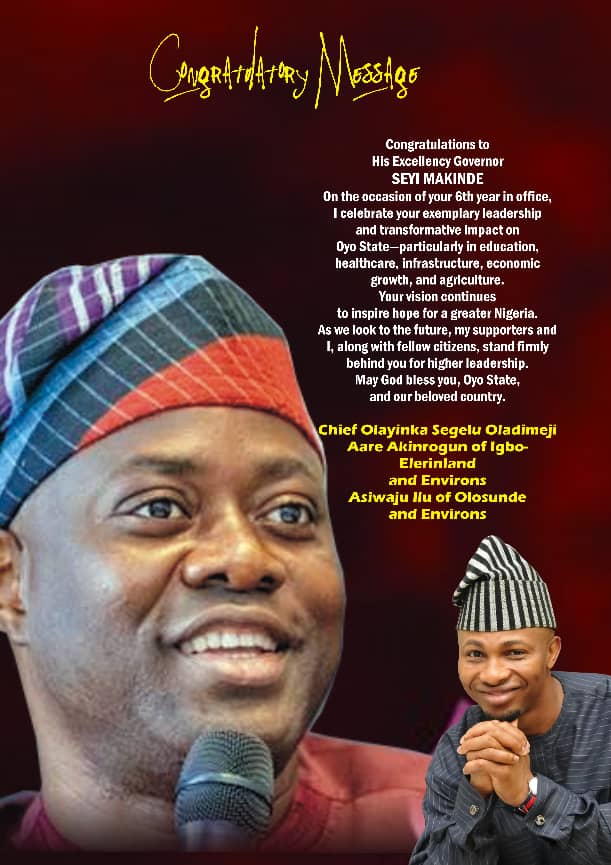Former military head of state, General Ibrahim Badamasi Babangida, has publicly admitted for the first time that the late Chief Moshood Kashimawo Olawale (MKO) Abiola won the historic June 12, 1993, presidential election.
This revelation, long known to many Nigerians, is documented in his newly released autobiography, A Journey in Service, launched in Abuja on Thursday.
Speaking through the book reviewer, former Vice President Prof. Yemi Osinbajo, Babangida acknowledged that Abiola, who contested on the platform of the Social Democratic Party (SDP), not only secured the majority of votes but also met the constitutional requirements for nationwide geographical spread to be declared president.
“There was no doubt in my mind; MKO Abiola won the election. He satisfied all the requirements,” Babangida stated in his memoir.
However, he described the annulment of the election as the most difficult decision of his military regime, calling it the “most challenging aspect of his life.”
Babangida’s revelation is a crucial historical reckoning, given that the annulment of the June 12 election triggered political turmoil and remains one of Nigeria’s most controversial political decisions.
The election, widely regarded as the most credible in the country’s history, saw Nigerians across ethnic and religious lines unite to vote overwhelmingly for Abiola.
However, Babangida’s administration nullified the results, leading to nationwide protests and a prolonged period of instability that culminated in the death of Abiola while in detention.
His admission also highlights the significance of President Muhammadu Buhari’s 2018 decision to formally recognize Abiola as the rightful winner of the election. Buhari posthumously awarded Abiola the title of Grand Commander of the Federal Republic (GCFR), a recognition reserved for Nigerian presidents, and declared June 12 as the country’s official Democracy Day.
While Babangida’s latest admission may provide some closure, it also reignites discussions about accountability for the events surrounding the election annulment and the political crisis that followed.
Many Nigerians continue to question the real motives behind the decision and whether justice was truly served.
With June 12 now officially recognized as Democracy Day, Babangida’s words serve as a reminder of Nigeria’s democratic struggles and the need to uphold electoral integrity.
His admission, though late, underscores the importance of learning from the past to prevent history from repeating itself.



